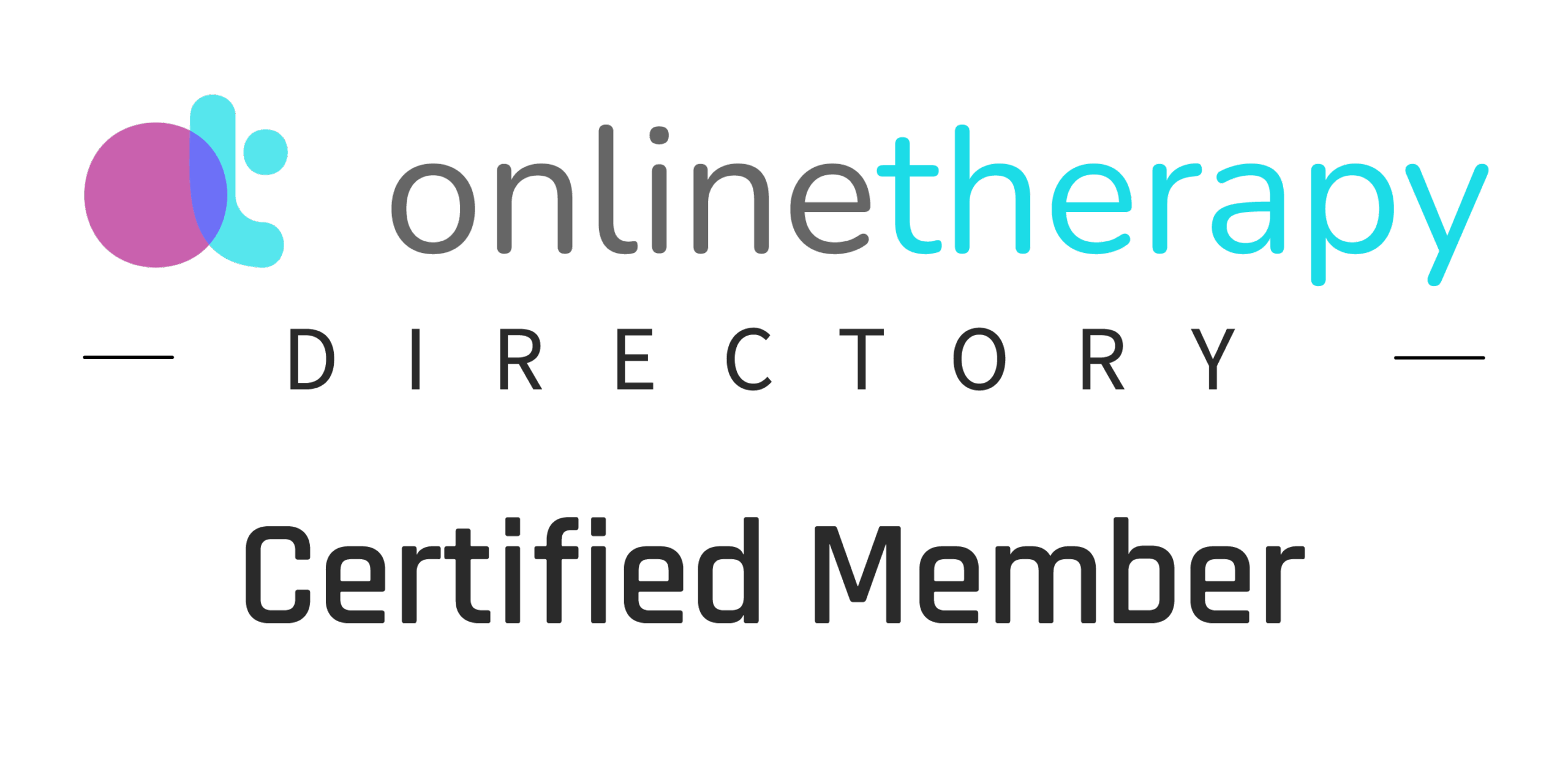How to Know If Therapy Is Working: Signs of Healing from Trauma

As a trauma therapist, I often hear clients ask, “Is therapy actually helping me?” It’s an honest and insightful question. And while the process of healing is deeply personal and individualized, there are some shared markers that can help you identify progress in your journey.
Whether you’re engaging in trauma therapy, EMDR therapy, individual therapy, or somatic trauma therapy, your experience will be uniquely shaped by your personal values, beliefs, and goals. Therapy is not a one-size-fits-all process. It’s meant to support you, not mold you into someone else’s version of “healed.”
Still, here are several ways to tell if you’re actually making progress.
1. You Feel More at Ease in Your Life
Healing from emotional abuse, narcissistic abuse, or other trauma often starts with internal shifts. One of the first signs is a growing sense of peace. You may find yourself responding to stressors with less urgency and more calm. You’re no longer living in constant fight-or-flight mode.
You start trusting that you can handle difficult situations, even when outcomes are uncertain. You stop over-controlling and begin allowing life to unfold—knowing you have the inner resources to navigate what comes your way.
2. Your Triggers Don’t Derail You Anymore
This doesn’t mean you never get triggered. It means your emotional responses feel more manageable.
Maybe your triggers are less intense. Maybe they don’t last as long. Or maybe you can return to your regulated self faster than you used to. This could be thanks to tools you’ve learned through dialectical behavior therapy, mindfulness practices, or somatic trauma therapy.
These subtle shifts are important indicators of emotional growth and nervous system regulation—foundational pieces of trauma healing.
3. You Can Ask for Support
Many of us carry trauma from times when our needs were ignored, dismissed, or shamed. As a result, we learned to suffer in silence.
So if you’ve reached a point where you can ask for help—or even just want help—that’s a powerful sign you’re healing.
You might be developing relationships where you feel safe, seen, and supported. You’re growing your community. You know where to look for resources and who to reach out to when things feel heavy. And you’ve stopped believing that you have to do it all alone.
Whether in relationship therapy, in-person sessions in Westlake Village or Thousand Oaks, or online sessions from anywhere in California, one of the most meaningful outcomes of therapy is reconnecting with others from a place of safety and self-trust.
4. You’re Thinking About the Future Again
When you’re in survival mode, it’s hard to think past the next moment. But as you heal, you begin dreaming again. You start setting goals—big or small. You allow yourself to hope, wish, and imagine.
You might feel a renewed sense of purpose or even joy. Life begins to feel possible again. That spark, however faint, is a sign that the fog is lifting.
Even if your progress feels subtle, the fact that you’re moving forward at all—no matter how slowly—is profound.
5. Your Thinking Patterns Are Changing
One of the key signs of trauma recovery is a shift in how you think. You begin to notice when your thoughts are rigid, black-and-white, or catastrophizing. And you learn how to challenge them.
Instead of spiraling into “everything is terrible” after one hard moment, you pause. You reflect. You regulate. And you reframe.
Maybe instead of saying, “I can’t handle this,” you’re now saying, “This is hard, but I’ll get through it.” That shift is huge. It’s a sign of growing emotional resilience and cognitive flexibility.
6. You Trust Yourself More
Perhaps the most empowering sign of healing is developing self-trust. After trauma, we often lose faith in ourselves. But therapy helps us reconnect.
You start to trust your gut. You stop second-guessing every decision. You learn to honor your needs and set boundaries. You no longer feel like the world—or even your own mind—is against you.
And that? That’s a game changer.
7. Your Progress Is Measured by Your Goals
Maybe your goal was to stop obsessing over a past relationship. Or to stop blaming yourself for things that weren’t your fault. Maybe it was simply to stop waking up every day with a sense of dread.
And if you’re starting to notice those changes—no matter how small—you’re healing.
The truth is, trauma-informed care isn’t about hitting someone else’s milestones. It’s about defining what healing looks like for you and recognizing when you’re living closer to that version of yourself.
Whether you’re doing this work through EMDR therapy, mindfulness, or relationship therapy, and whether you’re located in Agoura Hills, Calabasas, Ventura, or Los Angeles, remember that therapy is a process—nonlinear, deeply personal, and full of ups and downs.
And if you’re noticing even one of the above signs, you’re on your way. You are doing the work. And you’re allowed to be proud of how far you’ve come.
Written by Valeriya Bauer, Psychotherapist
Offering online and in-person sessions in Westlake Village, California
@thevaleriyabauer | www.valeriyabauer.com




